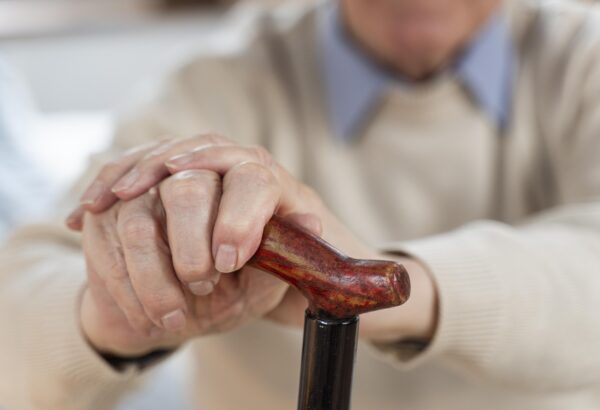Changing your diet can significantly slow down the aging process after 50. Bet on cottage cheese and seafood
As soon as you celebrate your 50th birthday, your body begins to undergo natural changes that are noticeable both inside and out. While you can’t stop aging, you can make lifestyle adjustments to at least slow down the signs of advancing age.
It doesn’t matter if you’ve been eating healthy all your life or if you’ve only recently decided to change your diet. The important thing is to take a close look at your diet, especially after the age of 50. Experts point out that this is the time when certain changes occur that affect not only our appearance, but also what foods we need for proper functioning of the body. Registered dietitian and nutritionist Christine Rosenbloom talks about her findings on aarp.org.
According to her, we need to be aware that a slower metabolism can cause unwanted weight gain. “Our need for energy decreases as early as middle age,” says Christine Rosenbloom. However, this is not the only thing we should focus on. Muscle loss, slower bowel function, weakened bones and other changes also occur. “As a general rule, older people should start eating more fruits and vegetables, lean meats and fish. They need to replenish not only protein, but also fiber,” he points out. “In addition, a good diet will help keep blood pressure under control and reduce the risk of heart problems,” he adds.
Berries
Blueberries, gooseberries, currants and grapes. Berries offer us a great reservoir of nutrients that are indispensable for people over 50. They contain high levels of fibre and vitamin C, but also necessary antioxidants that may be responsible for cell ageing. According to dietitian Nancy Farrell Allen, men should eat 30 grams of berries a day and women 21 grams. This is because they also support our aging brains and boost short-term memory.
Dark leafy greens
Part of ageing is the problem of thinning bones, but this is something that can be addressed by eating foods that contain calcium. These are mainly kale, arugula, broccoli and spinach, which also contain high amounts of fibre.
Seafood
Older people should generally increase their protein intake, as a lack of protein can lead to a reduced immune response, poorer wound healing and swelling. Fish such as salmon, tuna or trout are great sources of protein, but seafood, poultry, seeds or soy products are even better.
Cottage Cheese
Cottage cheese is not only high in protein but also contains calcium and vitamin D, three food components that should not be neglected by older people. Our bones function for a long time without a single problem, but over time the first signs of ageing start to appear and bones become more susceptible to damage. However, phosphorus, which can be found, for example, in nuts, seeds and legumes, also helps to maintain bone health.
Water
Last but not least, we mustn’t forget a sufficient fluid intake. Older people should drink even when they are not thirsty. As we age, we lose the ability to judge when our bodies need to replenish fluids. It is not uncommon for some people not to feel thirsty at all.

